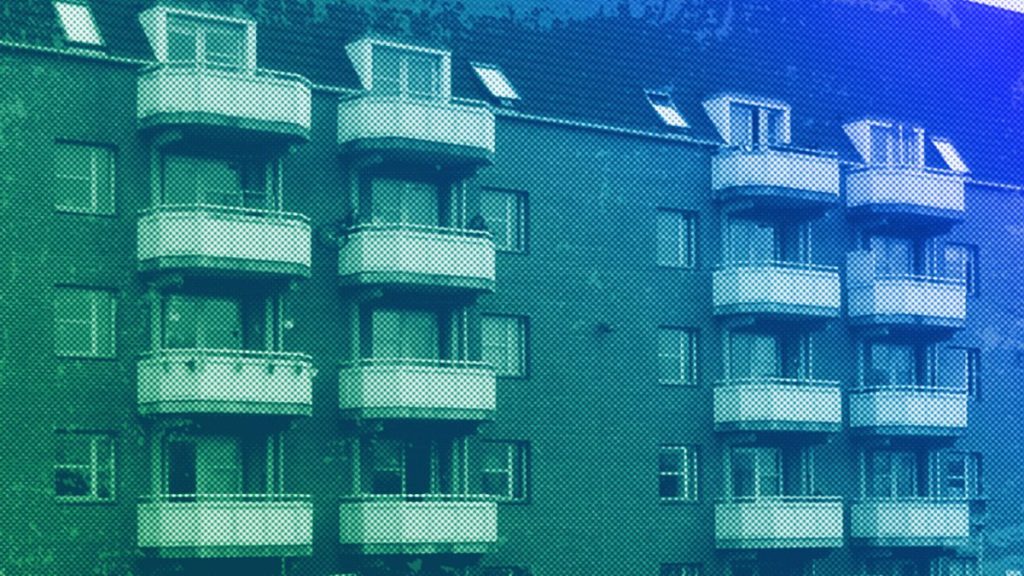The article discusses the case of the Mjølnerparken neighbourhood in Copenhagen, Denmark, which has been labeled a “ghetto” by the government due to criteria such as crime rates, unemployment, education, and the percentage of residents with a “non-Western” background. The government’s discriminatory policies have caused fear and uncertainty in the community, leading residents to challenge the government’s actions through legal means. The EU’s Court of Justice is set to hear their case next week to determine if the government’s “Ghetto Package” is unlawful under EU law and the European Convention on Human Rights.
The author of the article, Majken Felle, describes Mjølnerparken as a diverse and welcoming community where residents from various backgrounds come together to support one another. Contrary to the government and media portrayal of the neighbourhood as a threat to Danish society, Felle highlights the positive contributions and sense of solidarity within the community. Despite facing challenges and discrimination, the residents of Mjølnerparken see themselves as a Danish success story, not a “no-go zone” as depicted by the authorities.
Mjølnerparken and similar communities in Denmark have been subjected to a government-led smear campaign, perpetuating stereotypes and discrimination against residents. The community’s resistance to the discriminatory policies and their efforts to challenge the government’s actions reflect a desire for justice and equal treatment. The author emphasizes the importance of speaking out against unjust treatment and the need for the EU’s highest court to recognize and address the discrimination faced by communities like Mjølnerparken.
The discriminatory legislation implemented by the Danish government has disproportionately affected Muslim and non-white populations, leading to further marginalization and social division. The government’s attempt to rebrand “ghettos” as “parallel societies” has been met with skepticism by residents who see through the government’s discriminatory behavior. The author hopes that the ongoing legal case at the CJEU will shed light on the unjust treatment faced by communities like Mjølnerparken and pave the way for the repeal of discriminatory policies in Denmark and beyond.
The residents of Mjølnerparken have faced challenges and uncertainty due to the government’s discriminatory policies, leading some to leave or lose their homes. The fight for justice and recognition of the community’s contributions is seen as a crucial step towards restoring faith in society and preventing similar injustices from occurring in the future. The author underscores the importance of standing up against discrimination and advocating for equitable treatment for all communities, regardless of their socioeconomic status or background.
The article highlights the struggle of the Mjølnerparken neighbourhood and other marginalized communities in Denmark against discriminatory government policies. The residents’ efforts to challenge the government’s actions through legal means and seek justice at the EU’s highest court reflect a desire for equal treatment and recognition. The author emphasizes the positive contributions and resilience of communities like Mjølnerparken, challenging stereotypes and discrimination perpetuated by the authorities and the media. By sharing their story and fighting for justice, the residents of Mjølnerparken hope to bring about positive change and prevent similar discriminatory policies from affecting other communities in Denmark and Europe.


